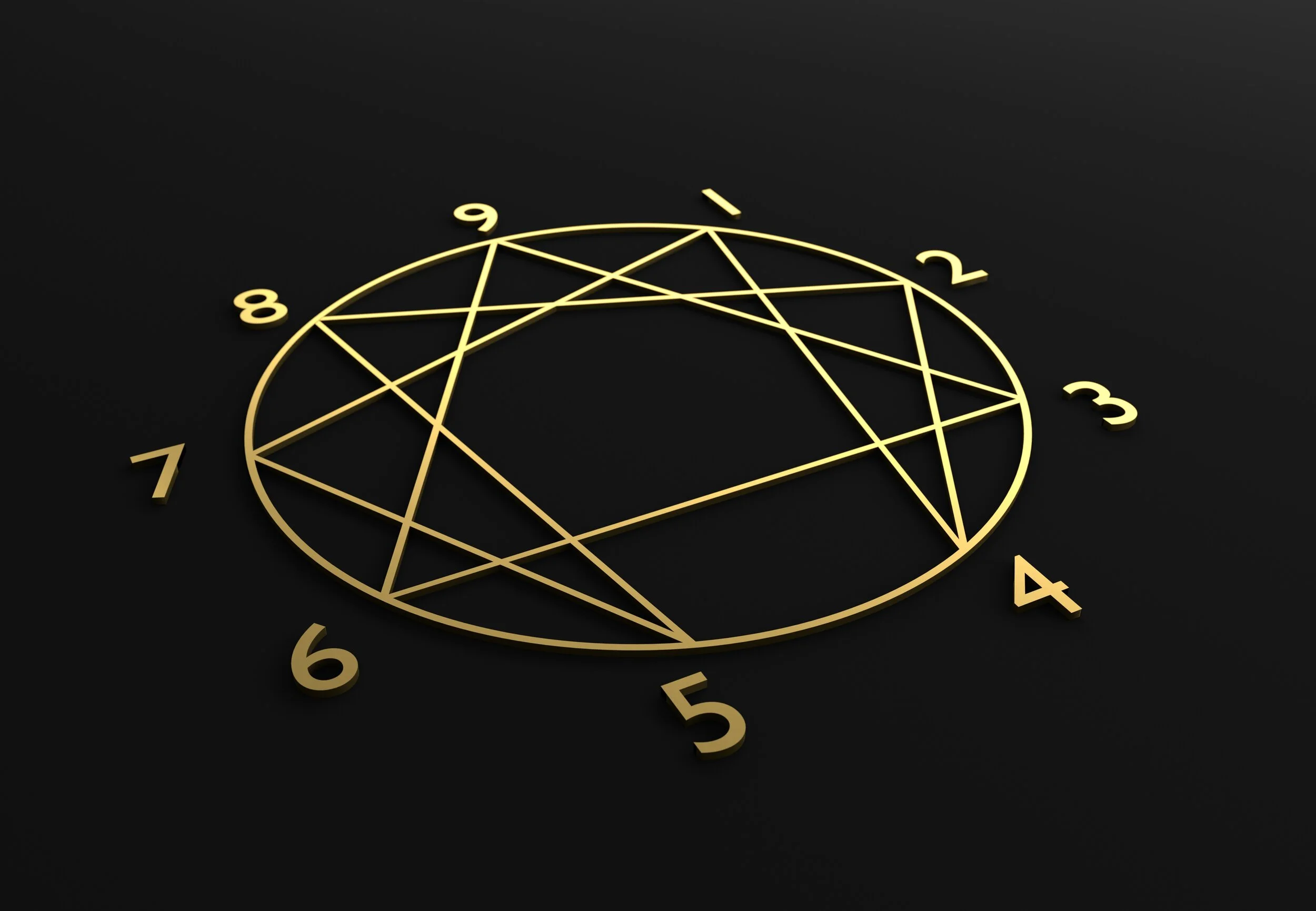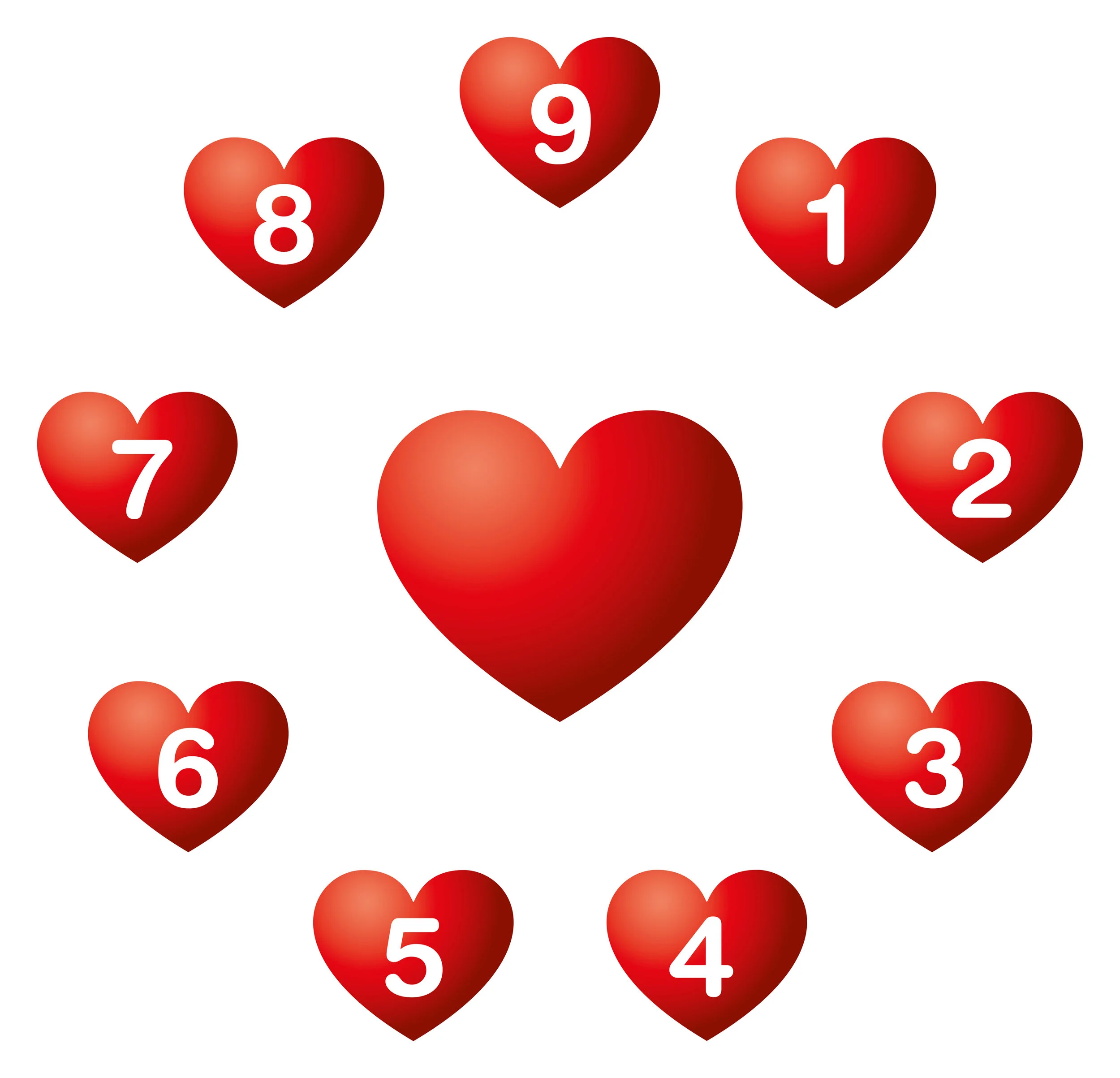
Coaching is taking action in your life!
What is coaching?
Identifying your current situation.
Most of us have experienced moments in our life when what usually works for us (habits, activities, coping mechanisms, the way we react to similar situations, etc.) suddenly no longer works. Yet we find ourselves continuing to go back to these habits or practices (ways of being) because we don’t know what else to do. Most people experience this as feeling “stuck.” Stuck-ness can manifest as something that no longer works for you (example - a relationship that is no longer fulfilling, a job you do not like, or the way you handled things in a previous job role isn’t successful in your new role), or maybe a feeling that you want something more but unsure what you need to do/shift to get that desire (example - a promotion, a desire for a totally new career, breaking away of your old “type” when dating). These are great examples of reasons people seek out coaching.
Working with your whole self.
We are more than our current “issue.” As human beings, we have many facets that make us who we are. We are deep, complex, emotional creatures, yet many times we only “see” ourselves in one way or another due to limited perception of our own selves. However, to address an issue we are having in our lives, many times that issue is simply a symptom of a deeper topic, an area or two that might require a little extra attention/development. As an Integral Coach, we work together to look at your situation from a whole person development focus, not just the one “symptom.” We then identify a few areas where we can strengthen by practicing new activities, self-reflections, building new habits, and coping mechanisms to add to our tool boxes. As we develop new skills and build our capacity to handle different situations, we start to address the original “issue” along with strengthening other areas of your life such as relationships, work/life balance, job satisfaction, etc.
You are not in it alone.
Personal development requires some faith and trust in our own selves to start to look into our own depths. It can be scary for many people, unsure of what you might find. It can be unsettling to gain a different perspective in why you do things the way you do. It can be also be exciting to see yourself through new lenses - you might be pleasantly surprised with what you discover. However, no matter how scary or unsure of it all you may be, with a coach by your side, you are not going it alone. Your coach helps you create the safe space for your expertise to come to the surface, help you develop, and trust your own intuition.
What coaching is not.
Coaching is not therapy. Coaching typically focuses on your current situation and taking action to move toward new possibilities. When its relevant, coaching conversations may dive into the past for context and understanding of a client’s current dynamics or relationships, but we don’t spend time analyzing the past for any great length. Coaching does not diagnose or help to treat mental health issues like depression, trauma, anxiety disorders, or other disorders. Yet, coaching can be very compatible and supportive for those that are also in ongoing therapy.
Coaching is not consulting. The integral coaching relationship is a co-creation relationship. Your coach is not the expert over what is best for you. You are the expert on YOU. Your coach helps you create the safe space for your expertise to come to the surface, to help you develop and trust your own intuition.
What is the Enneagram?
Self-Awareness
The Enneagram is an archetypal framework that offers in-depth insight that describes 9 core personality types, with 27 subtypes (3 per core type), that interconnect through lines and wings. It’s a model that creates self-awareness and uncovers the patterns of behavior that sub-consciously drives and motivates us to act in certain ways. When we make these patterns and motivations conscious, we are able to transcend them and develop richer, more supportive ways of being. Working with the Enneagram empowers individuals to take responsibility for their own behaviours and growth, from a greater understanding of why they act and react the way they do.
A map for personal growth
The Enneagram offers a rich map to personal development from an open systems perspective. It does not box in people, but rather opens a pathway to self-discovery and greater personal awareness.
The Enneagram model is a map of personality structures that helps us find our core self when we lose our way. Knowing how to orient to this roadmap of personality allows us to navigate the complex inner terrain of ego, and remember where and who we actually are. Even a very good map is only as useful as our ability to stop and look at it, the knowledge to read it, and the presence of mind to recognize where we are to begin.
A tool for self-compassion
As a framework, the Enneagram also speaks to the journey of integration and development in a profound way. It is able to uncover the uniqueness of each individual and their journey. It will present the patterns, which holds an individual back, and at the same time, offers insights into the journey towards strength and liberation, connecting us to our strengths and higher selves.
What if there is nothing wrong with you?
The Enneagram will inform that you are not broken, help you learn to accept all of your pieces that make up you, and how you can continue to build on all that is beautiful and unique about you! Working with the Enneagram is a way to help build self-compassion, compassion for others, reduce your own reactivity to triggers, and build capacity for self-acceptance. Not only is it empowering and impactful for self-development, but (the Enneagram) also works extremely well within relationships, teams, and organizations.
“Awakening is not changing who you are but discarding who you are not.”
— Deepak Chopra






